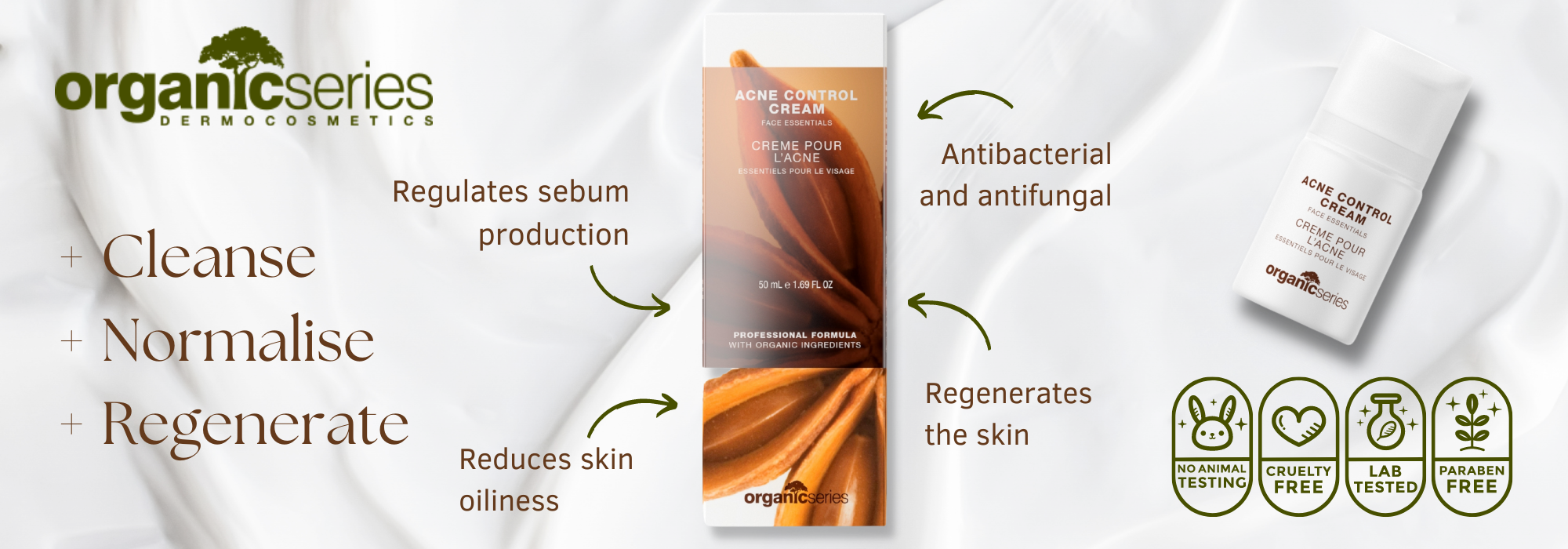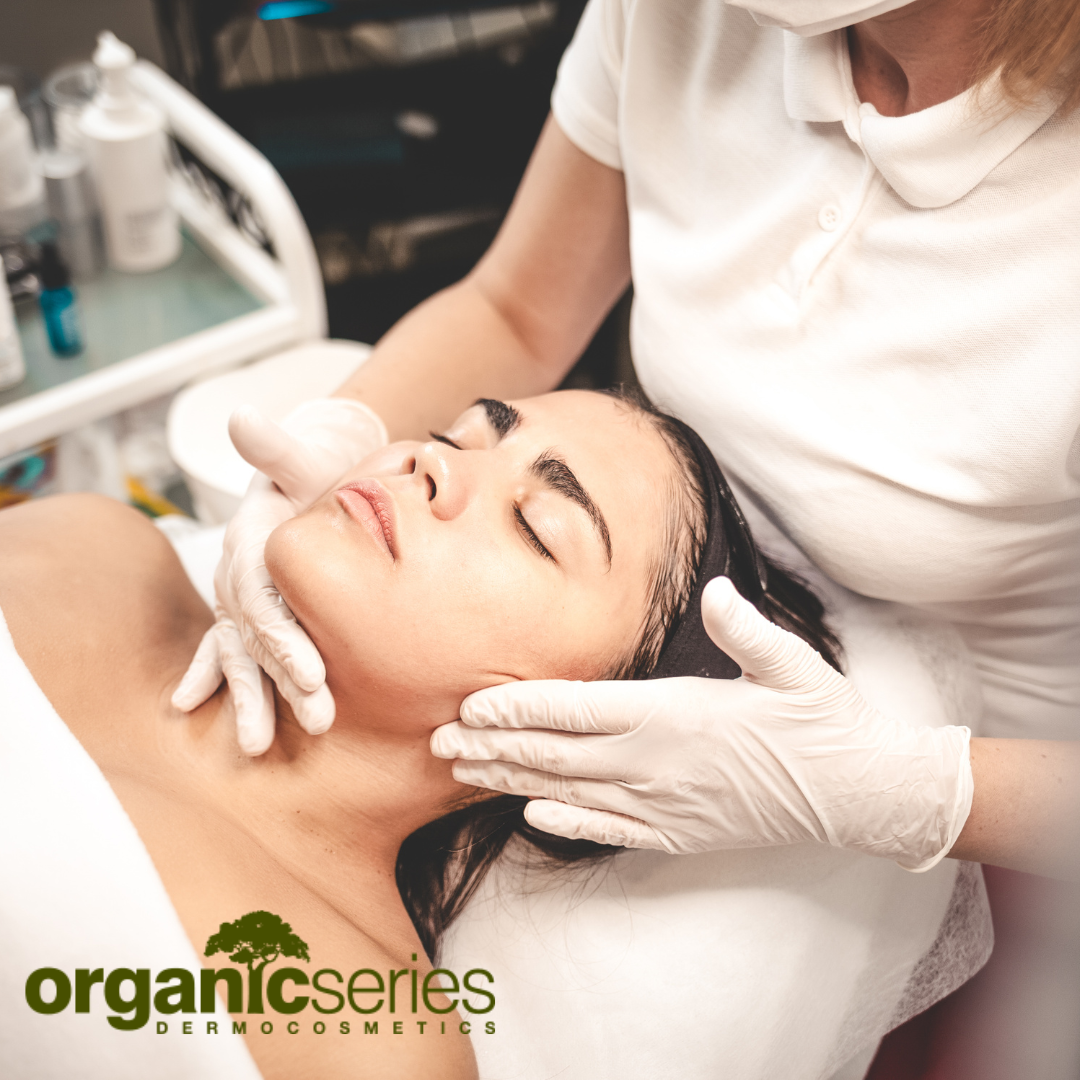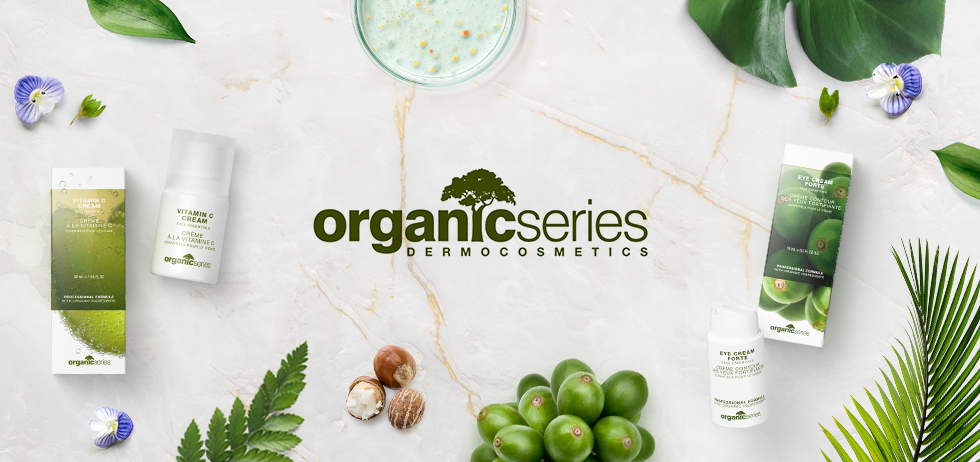The Best Anti Acne Cream
The Best Anti Acne Cream: Struggling with acne can be both frustrating and challenging, but choosing the best anti acne cream can significantly transform your skincare journey. While there are countless products available, not all are created equal—many contain harsh chemicals that can irritate your skin, while others simply don’t deliver on their promises.
With the right anti-acne cream, you can target inflammation, prevent future breakouts, and nourish your skin for a smoother, healthier appearance. Here are seven effective steps to help you find the best anti acne cream for your unique needs and experience the clear skin you deserve.
1. Understand Your Skin Type
Finding the best anti acne cream starts with understanding your specific skin type. Whether your skin is oily, dry, combination, or sensitive, different formulations will yield different results. For example, creams for oily skin often contain mattifying agents to reduce excess sebum, while those for dry or sensitive skin provide extra hydration and soothing ingredients.
Oily Skin Needs
If you have oily skin, look for lightweight, oil-free creams that target excess shine without clogging pores. Ingredients like salicylic acid and niacinamide can help regulate oil production while keeping breakouts in check.
Dry or Sensitive Skin
For those with dry or sensitive skin, opt for a product that combines acne-fighting ingredients with calming, hydrating elements. Aloe vera, hyaluronic acid, and ceramides provide moisture and reduce irritation without compromising the cream’s effectiveness against acne.
Tailoring your choice to your skin type ensures that your anti-acne cream doesn’t exacerbate existing issues. Instead, it works harmoniously with your skin’s natural properties to deliver clear, blemish-free results.
2. Check for Non-Comedogenic Labels
One of the most important steps in selecting the best anti acne cream is to ensure the product is non-comedogenic. This means that it won’t clog your pores—a crucial factor in preventing and treating acne. Pore-clogging products can worsen breakouts by trapping dirt, oil, and bacteria beneath the skin’s surface.
Why It Matters
Clogged pores are one of the main culprits behind acne, including blackheads, whiteheads, and cysts. Using a non-comedogenic cream minimizes this risk and allows your skin to breathe, promoting faster healing and fewer breakouts.
Reading Labels
Always check the product label for “non-comedogenic” or “won’t clog pores” before buying. This simple step can save you from unintended skin woes and ensure that your skincare efforts don’t go to waste.
By sticking to non-comedogenic options, you set yourself up for clearer, healthier skin with every application of your chosen anti-acne cream.
3. Prioritize Proven Active Ingredients
The best anti acne creams feature active ingredients that are scientifically proven to combat acne. Salicylic acid, benzoyl peroxide, sulfur, and alpha hydroxy acids (AHAs) are popular choices known to reduce breakouts, control oil, and exfoliate dead skin cells.
Salicylic Acid
Salicylic acid penetrates deep into the pores, clearing out dead skin cells and excess sebum. It is particularly effective for blackheads and whiteheads, gently exfoliating without causing irritation.
Benzoyl Peroxide
Benzoyl peroxide targets acne-causing bacteria, making it an excellent choice for inflammatory acne. When using products containing this ingredient, start with a lower concentration to minimize potential dryness and irritation.
Sulfur & AHAs
Sulfur has antibacterial properties, while AHAs exfoliate the skin surface to improve texture and reduce scars. Combining different actives can maximize the cream’s efficacy but use them cautiously to avoid over-drying or irritation.
Selecting a cream with the right blend of active ingredients ensures effective acne treatment while addressing other skin concerns, like redness, texture, and excess oil.
4. Choose Gentle Formulations
Harsh anti-acne treatments can strip your skin of essential moisture, leading to dryness, flaking, and even increased breakouts as your skin tries to compensate by producing more oil. The best anti acne cream will be gentle on your skin, working to balance it rather than causing further damage.
Look for Soothing Ingredients
Ingredients like chamomile, green tea, aloe vera, and allantoin offer anti-inflammatory and calming benefits. These components reduce redness, soothe irritation, and promote healing—without compromising on acne-fighting power.
Balancing Treatment Strength
Finding the right balance between powerful acne-fighting ingredients and skin-soothing agents is key. Test products on a small patch of skin before applying them to your entire face to gauge how your skin responds.
Gentle formulations ensure that your skin remains hydrated, soft, and healthy, reducing the likelihood of scarring and post-acne marks while promoting long-term skin health.
5. Test for Allergens and Sensitivities
If you have sensitive skin or allergies, it’s crucial to choose an anti acne cream that is free from potential irritants like artificial fragrances, dyes, and harsh preservatives. Conducting a patch test before incorporating a new product into your routine can help you avoid adverse reactions.
The Patch Test Process
Apply a small amount of the product on a less visible area of your skin, such as behind your ear or on your wrist. Wait 24-48 hours to see if any irritation occurs. If there is no redness or discomfort, it’s likely safe for your face.
Allergy-Friendly Creams
Look for products labeled hypoallergenic or formulated for sensitive skin. Natural and organic anti-acne creams are often less likely to cause allergic reactions, as they contain fewer synthetic chemicals.
Allergy testing and careful selection ensure a smoother transition into using your anti-acne cream while reducing the risk of unexpected flare-ups.
6. Pay Attention to Hydration Levels
Contrary to popular belief, even acne-prone skin needs hydration. The best anti acne cream will contain moisturizing ingredients that keep your skin hydrated without clogging pores. Proper hydration supports your skin’s barrier function, allowing it to heal more effectively.
Hydrating Ingredients
Look for creams with glycerin, hyaluronic acid, squalane, or ceramides. These ingredients provide lightweight moisture without making your skin greasy, ensuring your anti-acne treatment doesn’t leave your skin feeling tight or dry.
Preventing Moisture Loss
A well-hydrated complexion not only looks healthier but also reduces the appearance of fine lines and redness. By maintaining hydration, your skin remains resilient against external irritants and other environmental stressors.
Balancing hydration with acne-fighting properties ensures your skincare routine delivers results without sacrificing comfort.
7. Seek Dermatologist Recommendations
Consulting a dermatologist is one of the most reliable ways to find the best anti acne cream for your unique needs. Dermatologists can assess your skin condition, recommend effective treatments, and tailor a skincare routine that maximizes results while minimizing potential side effects.
Personalized Care
A professional opinion helps identify the root cause of your acne and guides you toward creams that suit your skin type and concerns. Dermatologists can also suggest complementary treatments, like prescription-strength creams, oral medications, or lifestyle changes.
Staying Up-to-Date
As skincare science evolves, dermatologists are well-informed about the latest breakthroughs. This expertise ensures that you receive cutting-edge recommendations and don’t miss out on new, effective ingredients or formulations.
Collaborating with a dermatologist not only improves your skincare journey but also boosts your confidence in the products you use, knowing they are tailored to deliver clear, radiant skin.
Conclusion
Finding the best anti acne cream is a journey that involves understanding your skin, choosing gentle and effective ingredients, and paying attention to how your skin reacts. From ensuring the cream is non-comedogenic to seeking dermatologist recommendations, each step brings you closer to a skincare solution that works for you. With patience and consistency, your anti-acne cream will become an essential ally in achieving the clear, healthy skin you desire. Make informed choices, and let your journey to a blemish-free complexion begin!
Follow a proper skincare routine alongside using the best anti acne cream

A proper skincare routine is essential for maintaining healthy skin, especially for those with acne-prone skin. One great tip is to always start with a gentle cleanser that won’t strip the skin of its natural oils. Harsh cleansers can actually worsen acne by drying out the skin and causing more oil production. It’s important to choose a cleanser that is non-comedogenic, which means it won’t clog pores.
After cleansing, toning the skin is the next step. Toning can unclog pores and help remove any excess dirt or oil that may have been missed during cleansing. It’s best to use a toner that is specifically formulated for acne-prone skin, as this will contain ingredients that can help fight acne.
Next, it’s time to apply the anti-acne cream. Using the cream exactly as directed is important, as this will ensure maximum effectiveness. It’s important to apply the cream directly to the affected areas and not all over the face. Overuse of an anti-acne cream can lead to dryness and irritation.
Moisturizing the skin is also key in any skincare routine. Contrary to popular belief, moisturizing won’t make acne worse. In fact, it’s important to keep the skin hydrated to avoid dryness and irritation. Choose a moisturizer that is oil-free and non-comedogenic.
In addition to a daily skincare routine, regular exfoliation is important for acne-prone skin. Exfoliation helps remove dead skin cells that can clog pores and contribute to acne. As with all skincare products, it’s important to choose an exfoliant that is gentle and non-comedogenic.
In summary, while using an anti-acne cream is important for treating acne, it is not the only solution. Following a proper skincare routine is essential for maintaining healthy skin, especially for those with acne-prone skin. Incorporating gentle cleansing, toning, moisturizing, regular exfoliation, and a healthy diet and lifestyle can all contribute to clear, healthy skin.
Conclusion
In conclusion, achieving clear skin is not an impossible feat as long as you utilize the best anti acne cream and follow certain tips to keep your skin healthy. Remember to keep your skin clean, regularly exfoliate, moisturize, avoid touching your face, be mindful of what you eat and choose non-comedogenic products. By following these simple tips and finding the best anti acne cream for you, you’ll be on the path to achieving clear, blemish-free skin. Don’t give up and keep trying until you find what works best for your skin. With dedication and patience, you can attain your desired results and feel confident in your own skin.
Expert recommendation
Organic Series Best Anti Acne Cream

More inspiration
Follow Organic Series UK on instagram and facebook for more inspiration, expert tips and special discount codes!



